Margareth Menezes & llê Aiyê
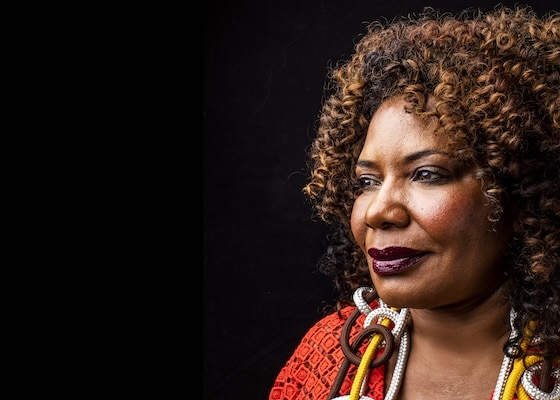
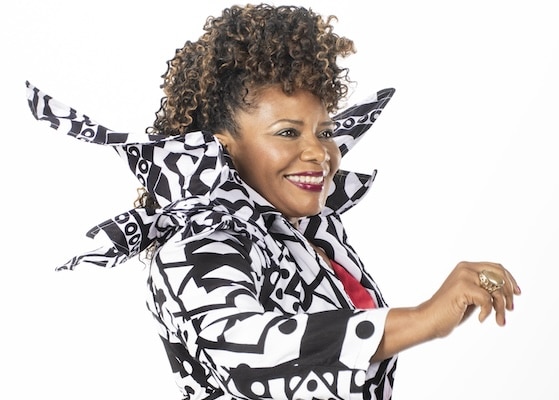
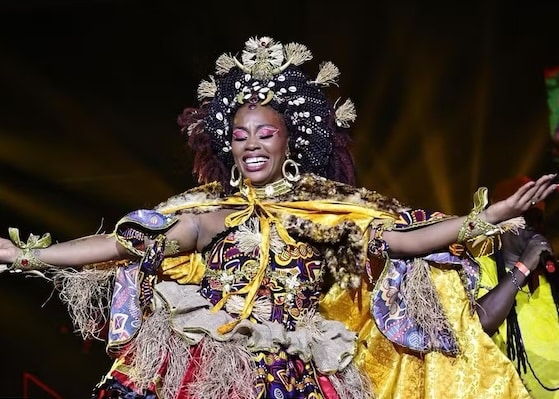
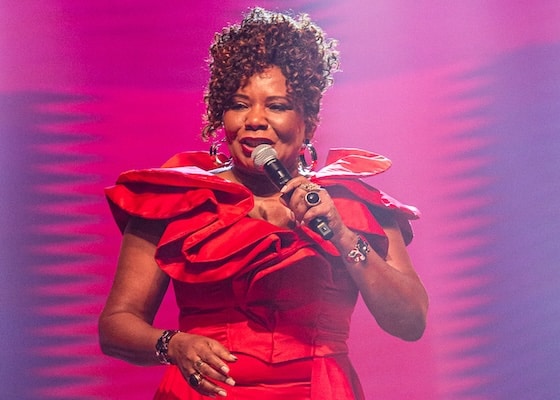
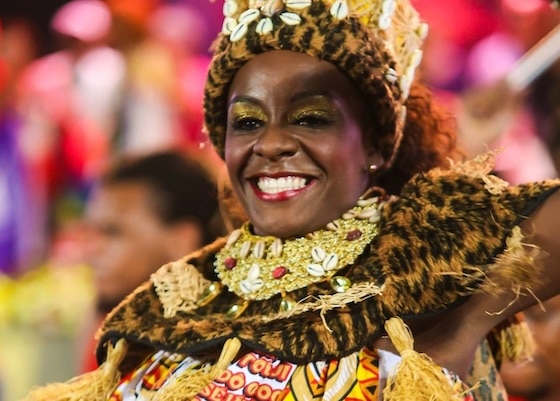
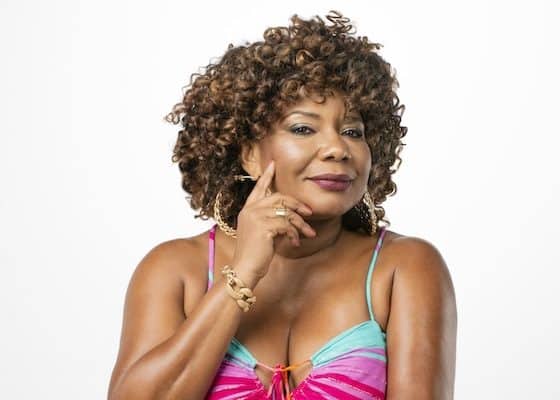
An incredible double bill of great artists from Bahia, Brazil.
Margareth Menezes is an artist in constant evolution and movement. Autêntica, her most recent album, was nominated for a Latin Grammy in 2020 in the category of Best Portuguese Root Music Album. The album addresses Black women’s strength in songs such as Minha Diva, Minha Mãe and Mãe Preta. Her style is axé but her music also steers into samba and MPB territory, at times drawing on African rhythms and reggae.
Menezes is best known in Brazil for her song Faraó (Divindade do Egito) and Me Abraça e Me Beija, a major hit in 1990. She also scored another hit with Dandalunda, a song which became the unofficial anthem of the 2003 Salvador carnival.
She became Brazil’s Minister of Culture, joining Lula’s government, in 2023, following in the tradition of Gilberto Gil who served as Minister in Lula’s first administration.
Ilê Aiyê is the first Afro-Bloco movement in Brazil. Founded in 1974 in Liberdade, the blackest neighbourhood of Salvador, Bahia, Ilê Aiyê began as a carnival group exclusively for Black people, in response to racism and their exclusion from participation in the city’s official carnival circuit. On ‘Noite da Beleza Negra’ (The ‘Black Beauty’ Night), the most important event before the carnival, the ‘Ebony Goddess’ – queen of the bloco – is chosen.
Ilê Aiyê also became a hub in the community, spreading awareness of social injustice, civil rights, and most importantly, praising their African roots. The Black Power and Black Panther movements were their biggest inspiration, and Ilê Aiyê has played a huge role in shaping the self-image and improving the daily life of the Black population by launching community and percussion schools, and dancing, singing and literature workshops.
Five decades after it all started, Ilê has became a source of inspiration to many Afro-descendants in Brazil and abroad such as Gilberto Gil, Margareth Menezes, Carlinhos Brown and Naomi Campbell.
Produced by Como No & The Barbican






